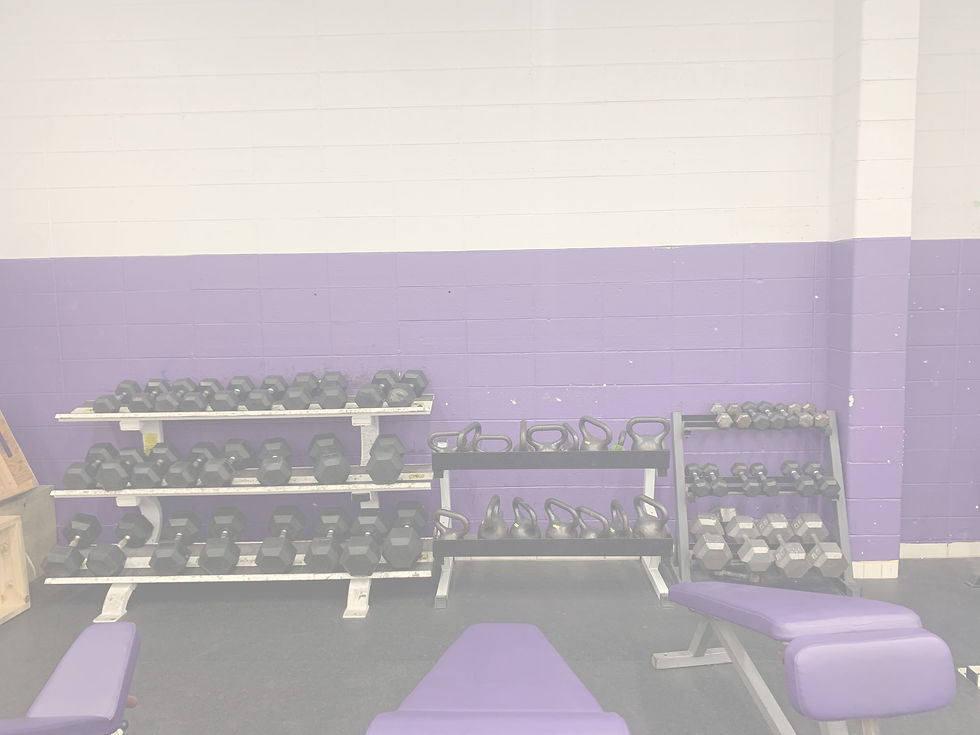Teamwork
- kmmurphy8
- Mar 14, 2022
- 2 min read
Updated: Mar 28, 2022
"Back in the Game: The Return to Play" article one
What is teamwork? Why is it important for kids to learn about teamwork when they are young? How do kids learn teamwork through sports?
Teamwork skills that children develop in sports are applied both in the game and off the field after they take off their cleats for the last time. This can be seen when young adults collaborate on a group project in class, communicate with coworkers, and being a good friend.
What do you think of when you hear the word “teamwork”? Collaboration? Togetherness? Communication? Unity? Commitment? Today we are going to explore these questions and discuss why teamwork is an important skill for kids to learn and continuously improve upon.

Teamwork happens when a group of people, kids, and their fellow athletes, work together to achieve their shared goals. Kids have to communicate with one another in the gym, at practice, and on the field to be successful. By expressing their needs and desires, but not degrading or hurting their teammates, positive communication is crucial to being a team player.
When a pitcher is struggling on the mound, and their catcher calls a timeout, what should the catcher say? Should the catcher yell at the pitcher? No! The catcher should help their teammate out by telling them to take a deep breath, and to “focus on the batter, one pitch at a time.” Being on a team is a relationship that requires attention, compassion, respect, and fairness. No one player is above the team (Gaffney, 2014). Being a good teammate means putting the team first.
Teamwork is important as it improves the team’s and individual’s success. It creates a positive team culture by building confidence, and creates a united front towards the same goal (Bruner et al., 2020). For a team to be successful, they have to work together and not as individuals. By having a positive team culture, athletes are going to strengthen their commitment to their team to improve (Bruner et al., 2020). But above all, good teamwork makes everyone enjoy the sport more! The teamwork atmosphere tells kids that they are committed to each other and will support one another through both wins and losses (Gaffney, 2014). By working together, kids create positive memories that they will carry with them throughout their lives.
As kids learn how to be team players through playing sports, they develop and hone this crucial lifelong skill. Teamwork is the foundation of a team in sports, classrooms, homes, and friendships. Taking what we learned about teamwork, we will see how teamwork impacts work ethic next week!
Here at Rising Athletes, we are looking to help athletes, parents, guardians, and community members. We will be providing a wide range of topics related to the importance of sports and resources to assist them on their athletic journey. This first series, Back in the Game: The Return to Youth Sports, will explore the many benefits of kids participating in athletics.
Teamwork sources and further reading
Bruner, M. W., Eys, M. A., & Martin, L. J. (2020). In The power of groups in Youth Sport (pp. 183–202). essay, Academic Press, imprint of Elsevier.
Gaffney, P. (2014). The nature and meaning of teamwork. Journal of the Philosophy of Sport, 42(1), 1–22.




Comments